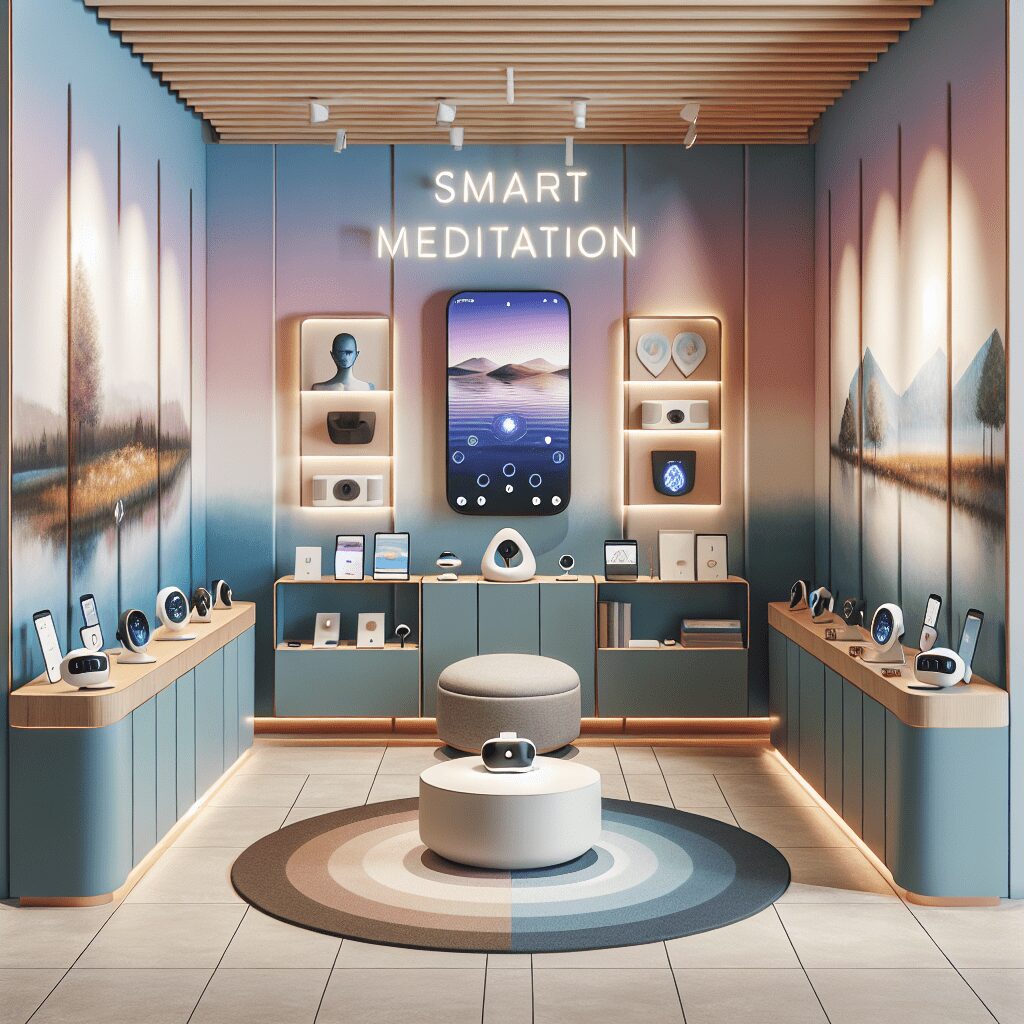
Prioritize your mental well-being daily. Enhance your life by nurturing your mental health with the Smart Meditation app. Break free from stress, alleviate anxiety, and enhance your sleep quality starting today.
What Is The Difference Between Anti-anxiety And Antidepressants?
Unraveling the Mystery: Anti-anxiety vs. Antidepressants
In the bustling world we live in, it’s no shocker that a significant chunk of the population finds themselves wrestling with the octopus of mental health issues, namely anxiety and depression. The sheer number of folks reaching out for help is on the rise, and with this, an avalanche of prescriptions for anti-anxiety medications and antidepressants are being doled out. But hold your horses; aren’t these two a tad similar? Well, not exactly. Let’s dive deeper to sift through the confusion and shine a spotlight on the key differences between anti-anxiety medications and antidepressants.
The Mechanism Behind the Madness
Before we jump into the deep end, let’s get a lay of the land. Both anti-anxiety medications and antidepressants are part of the armory in the battle against mental health disorders, but they’re as different as chalk from cheese when it comes to their modes of action and their intended targets.
Anti-Anxiety Medications: The Calming Crusaders
Anti-anxiety medications, also known as anxiolytics, are the knights in shining armor for those experiencing anxiety. They’re like the cool breeze on a sweltering summer day, providing immediate relief from the clutches of anxiety. Common examples include Benzodiazepines (think Valium and Xanax) which work by enhancing the effects of GABA, a neurotransmitter that promotes relaxation. However, it’s worth noting that these meds are usually a short-term fix due to risks of dependency.
Antidepressants: The Mood Modulators
On the flip side, antidepressants are the long-distance runners, gradually altering brain chemistry to combat depression and, in some instances, anxiety disorders too. They’re not about the quick fix but rather aim at the long haul, taking several weeks to show their true colors. SSRIs (Selective Serotonin Reuptake Inhibitors) like Prozac and Zoloft are the usual suspects here, focusing on increasing levels of serotonin in the brain, leading to improved mood and emotional well-being.
Knowing Which Lane to Swim In
So, with all this info at your fingertips, you might wonder, “Which one do I need?” Well, it’s not a one-size-fits-all kinda deal. It hinges massively on your symptoms, medical history, and even your personal preference.
- If anxiety is your main gripe, making you feel like you’re always in the ring with Mike Tyson, an anti-anxiety medication might be your go-to for quick relief.
- However, if depression is the behemoth you’re dealing with, painting your world in shades of gray, antidepressants could be your beacon of hope, gradually guiding you back to your vibrant self.
Nonetheless, remember, you’re not in this alone. Consulting with a healthcare professional is akin to grabbing a GPS before a road trip; it helps steer you in the right direction, ensuring you pick the path best suited for you.
Plotting the Course to Recovery
Embarking on a journey with anti-anxiety medications or antidepressants isn’t a decision to be taken lightly but rather a calculated step towards reclaiming the reins of one’s life. Awareness of the distinctions between these two categories is pivotal, laying the groundwork for informed decisions about one’s mental health regimen. So, whether it’s the calming wave of an anti-anxiety med or the steady climb of an antidepressant, knowing the ins and outs ensures that you’re not just throwing darts in the dark but are well on your way to hitting the bullseye of mental wellness.




